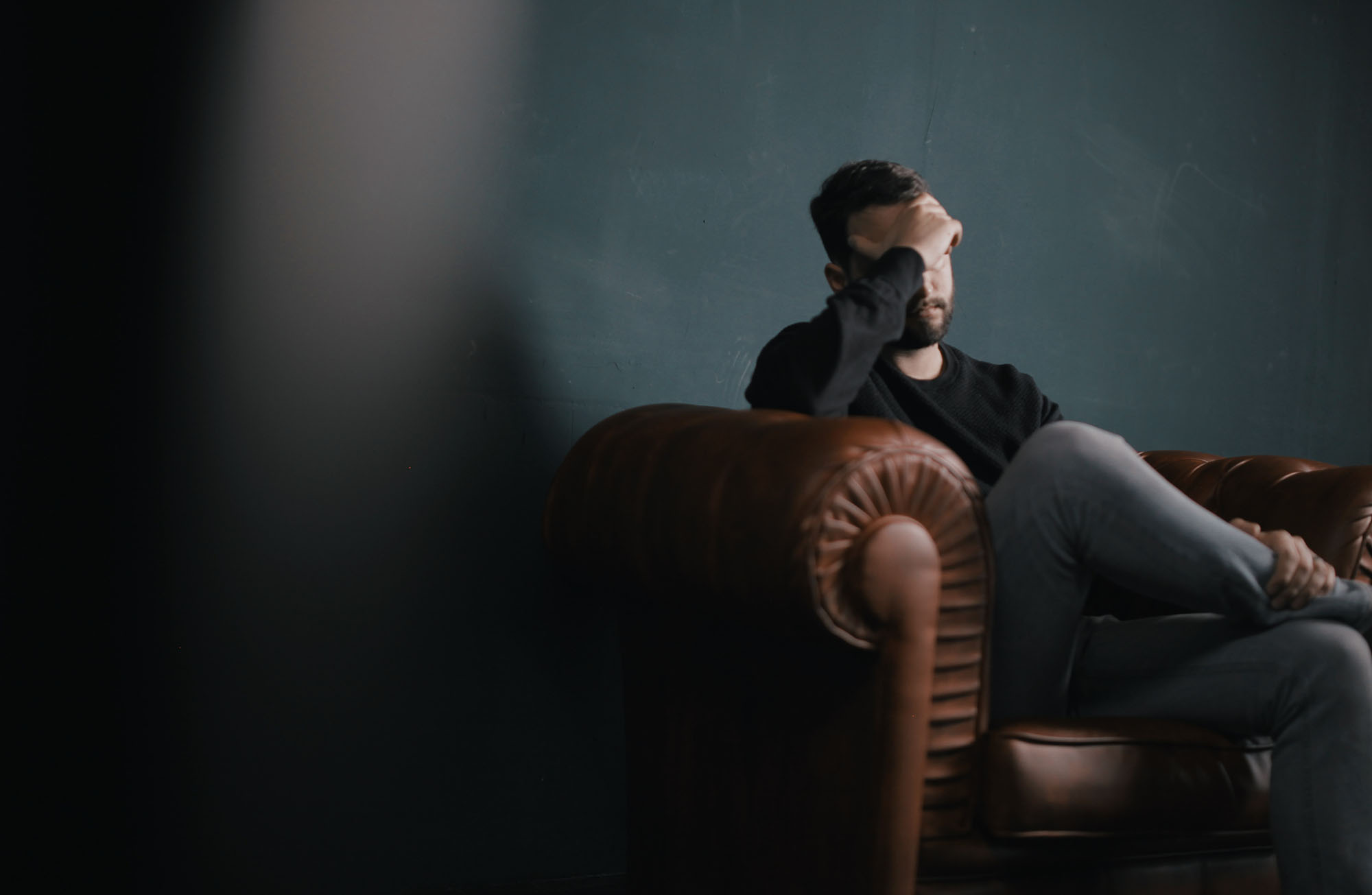Compensation conditions to be broadened for psychiatric injuries
Posted: March 5, 2014
Posted in: Medical Negligence Personal Injury
Personal injury lawyers are currently pressing to broaden the conditions under which psychiatric patients are compensated. It is widely believed that the current test is far too restrictive, and that those suffering with mental injury are not fairly supported. A campaign has been launched to widen the legal definition as we see the run-up to the 25th anniversary of the Hillsborough stadium disaster.
The present test suggests that people only have “close ties of human affection” in parent-child relationships, or spouse-fiancé relationships. Furthering this, Alcock v Chief Constable of Yorkshire Police commented that trauma must be caused by a “shocking event” or the individual must have been “close in time and space” to the incident. The Association of Personal Injury Lawyers (APIL), however, is calling for the government to make big changes regarding how mentally injured individuals are compensated.
“Shocking” to “distressing”
It is argued by APIL that both England and Wales should follow Scotland’s approach — whereby a far more extensive list of bereavement damages are recognised. They argue that ties of love and affection should extend to civil partnerships, grandparents, grandchildren, siblings, and even colleagues and friends. In more general terms, APIL argue that the definition should be altered from “shocking” event, to “distressing” event. APIL report said:
“An example is the parent who has to watch a child die slowly as a result of medical negligence. It cannot be right that a person who suffers psychiatric damage over a long period of time is denied damages when a person who suffers an illness due to one event, however shocking, is able to obtain damages.”
Have you suffered from Medical Negligence in Aberdeen?
If you’ve suffered an injury from medical negligence, you could be entitled to claim compensation. We can help you make a no win, no fee* negligence claim today by calling 01224 980 625 or using our contact form. We offer no obligation advice, so there’s nothing to lose by investigating your claim.
« Investment allows positive improvements in NHS
Family to sue NHS after major care failures leave mother brain-damaged »


